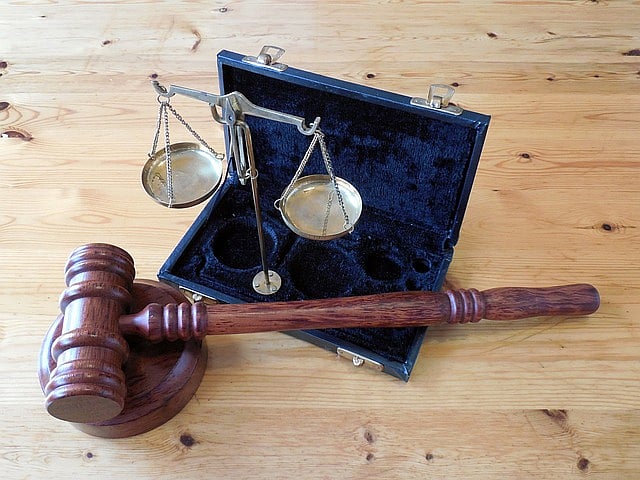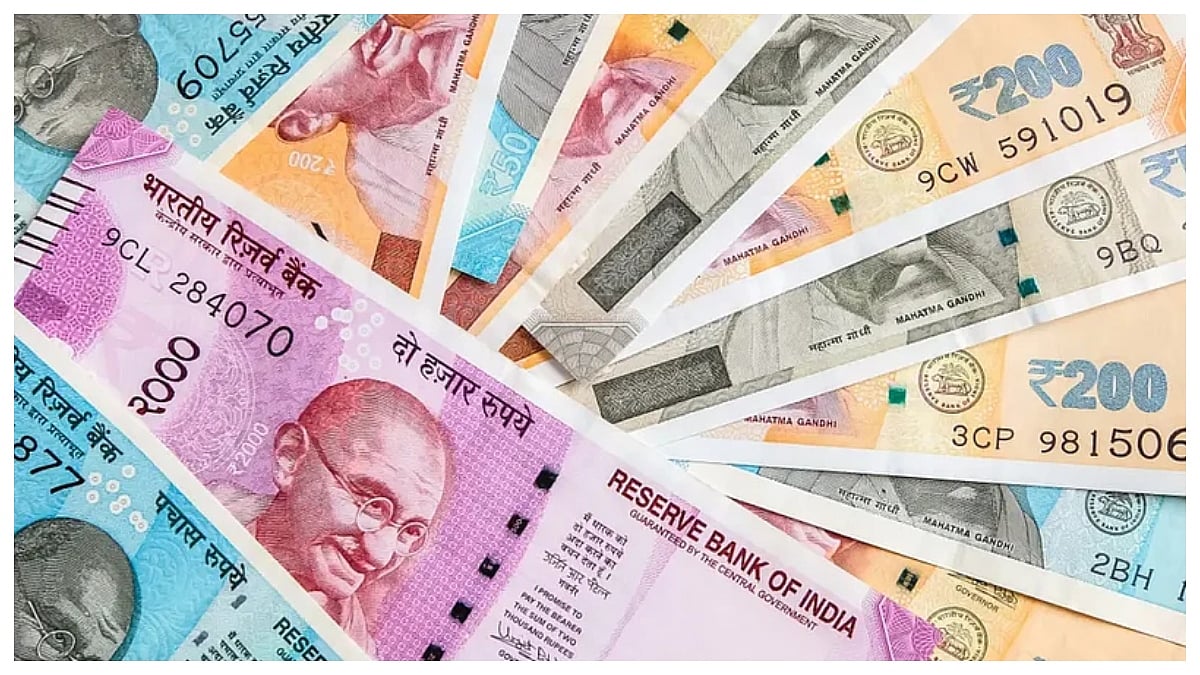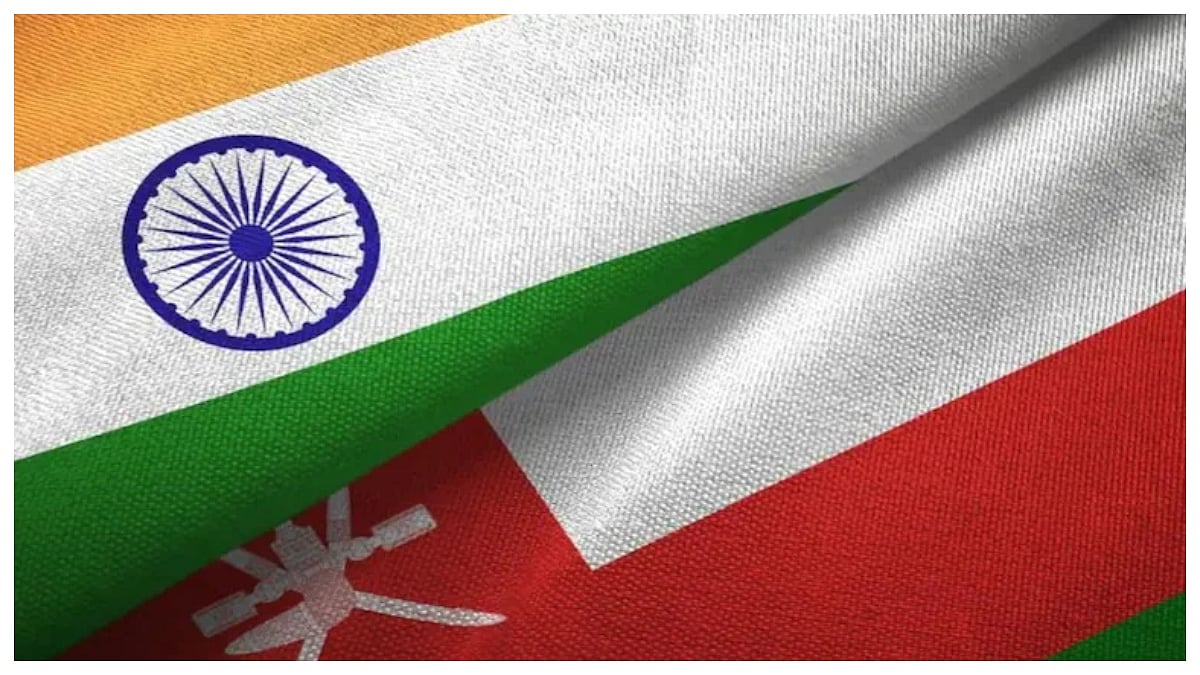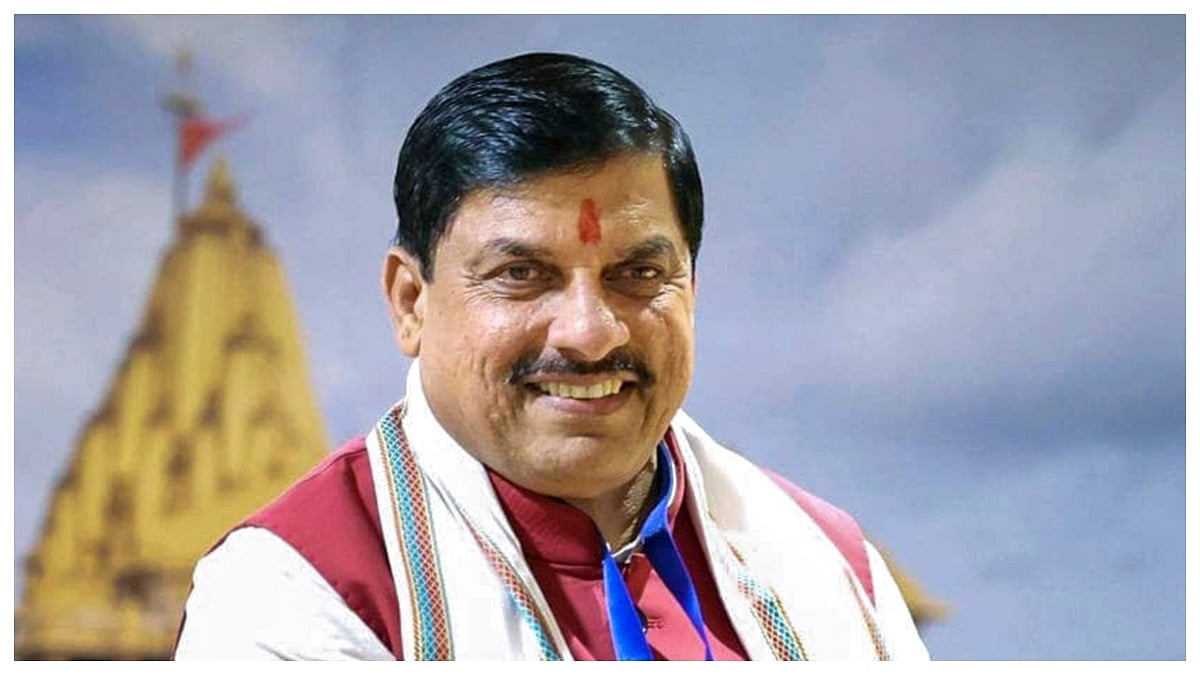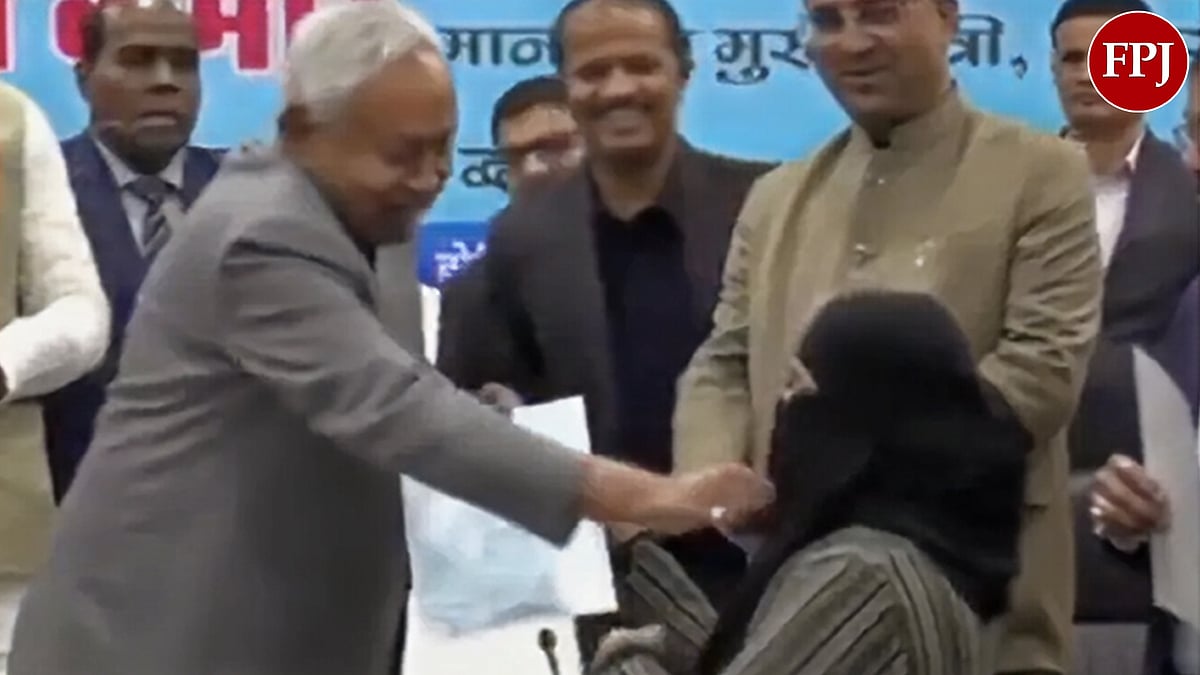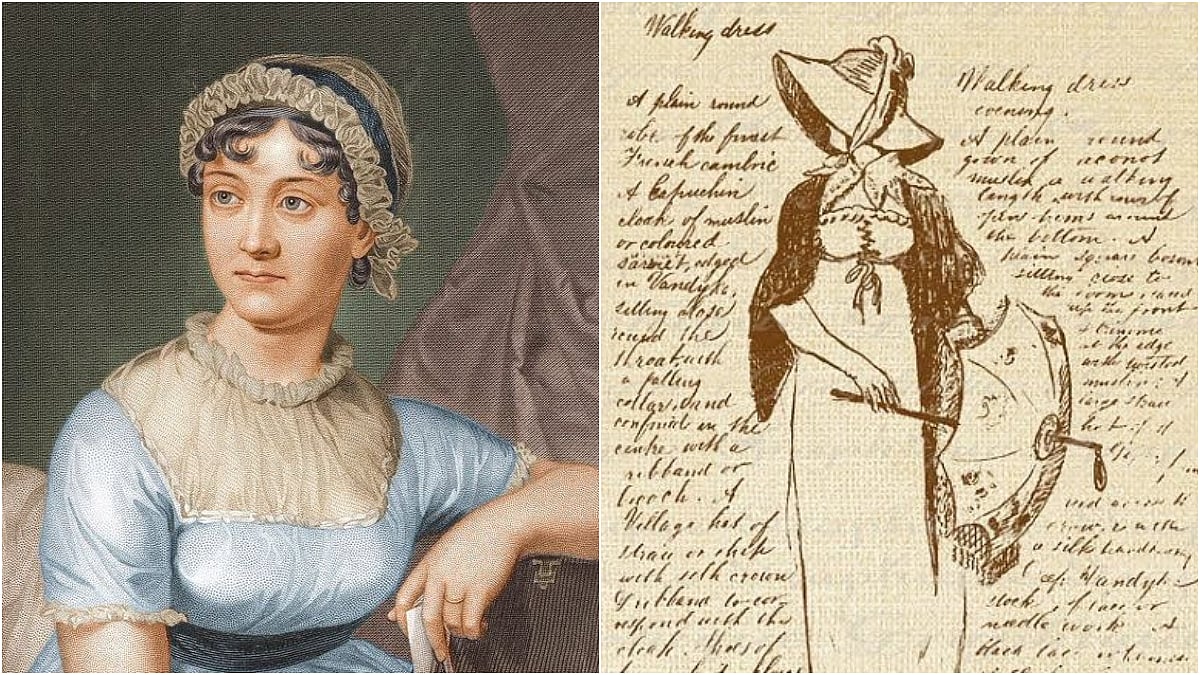Some advocates desperately seek judgeship and others refuse the offer from the collegium. Apart from the fact that they earn more as arguing counsels, there may be other reasons to refuse judgeship such as placing family above their careers because if they are transferred to another high court, their social and family lives are disrupted. After being sworn in as judges, they undergo training in the national or state judicial academy where retired judges deliver lectures. After being sworn in as judges, these senior advocates are cautioned not to socialise much because familiarity breeds contempt and the flaws in their personalities may show up.
The foremost name among those who were invited to become judges is the late senior advocate Fali Nariman. The late Chief Justice of India YV Chandrachud invited him to join the judiciary but he turned down the offer. The other legal luminary was Nani Palkhivala who also turned down the offer. Both of them are not around to deny what is openly known in legal circles. A few of these anecdotes have been recorded in Supreme Whispers, a well-researched book by Advocate Abhinav Chandrachud, the son of the 50th Chief Justice of India, Dr Dhananajay Chandrachud. The Chandrachud name ranks alongside that of the Narimans. It is a brand in legal circles.
But leaving aside Nariman and Palkhivala, the next name that comes to mind is senior counsel Iqbal Chagla, the son of MC Chagla, well known for his autobiography Roses in December, which recounts his days in the judiciary. What is not known is that his son, Iqbal Chagla, who lives at Colaba in south Mumbai, was invited to become a judge of the Supreme Court. He was one of the first few senior advocates directly invited to join the SC bench from the bar.
Iqbal Chagla turned down the offer because in his own words, “I would have to relocate to Delhi and I would have had too short a term as a Chief Justice of India” to have made much of a difference. He revealed this at a speech in the David Sassoon Library in Mumbai a few years ago. Like Chagla, there have been other senior advocates who were offered judgeship but refused the offer. Justice Riyaz Chagla of the Bombay high court is the son of Iqbal Chagla and the grandson of the late CJI MC Chagla.
Senior advocate Rafique Dada may be known as a judge-maker rather than a king-maker because some of the high court judges started practicing law in his chambers. One such stalwart was Justice Jimmy Kathawala, a Parsi whose love for law may have left him a bachelor. He held court late at night in the Bombay High Court, proving the adage that law is a jealous mistress and a hard taskmaster.
The seniormost advocate in Goa is Sr Advocate Surenda Dessai whose home overlooks the sea at Altinho in Panaji. He started his career in the Indian Air Force before acquiring his LL.B degree from Bangalore University. Although he initially appeared for the old First Year Science examination from Chowgule College in Margao, he chose law as a career in deference to his elder brother. He too was invited to join the high court as a judge but turned down the offer because one or two of his juniors had already become judges. Celebrating 50 years as an advocate, Sr Advocate Surendra Dessai has a formidable reputation in the Goa High Court.
But let us leave those who turned down offers of judgeship, to dissect those who did become judges but resigned to join the bar. There have been judges like senior advocates Anil Sakhare and Yogesh K Jahagirdar who resigned together on the same date before they were confirmed to rejoin the bar. The rule is that if you resign before you are confirmed, you can practice law but if you quit after you are made a puisne (=permanent) judge after discharging judicial functions as an additional judge for two years, you cannot practice in the state where you were earlier a high court judge.
After their resignation, the next to quit the judiciary was SU Kamdar who resigned because Aurangabad was made his permanent posting although he was allegedly assured before being sworn in that he would be retained in Mumbai. A PIL was filed in the Bombay High Court seeking that five senior advocates who were earlier sitting judges of the same high court be disallowed to practice law after quitting before they were confirmed. Apart from Sakhare, Jahagirdar and Kamdar, the two others were Girish Godbole and Ashutosh Kumbhakoni who became an advocate general after resigning as a high court judge. His representation that he should not be treated as a junior to those sworn in as judges on the same day evoked no response.
After the PIL was filed, a bench comprising Justice Chandrachud and Ramesh Dhanuka explained in their judgment that additional judges were appointed for two years to tackle the workload and there was no bar on them from returning to private practice, although there was a distinction between permanent and additional judges. Permanent judges retire after turning 62.
There have been many cases of high court judges who, after retirement, apply to be designated as senior advocates to practice in the SC where they charge high fees to oversee drafts of Special Leave Petitions and argue these before an SC bench. This is a distinct advantage because some of the judges in the SC know these former high court judges. This is not to say that they will get any undue advantage, but perhaps these SC judges will listen more intently to the lofty arguments of these former judges.
Justice Abhay Thipsay — whose brother Pravin Thipsay — is a chess grandmaster is an example of a judicial officer who rose from an additional chief metropolitan magistrate to become a sessions court judge and later a high court judge. He conducted the trial in the Best Bakery case in which 14 persons were killed while the 21 who took part in the carnage were acquitted due to shoddy police work. He has now been designated as a Senior Advocate practicing in the Supreme Court.
Olav Albuquerque holds a PhD in law and is a senior journalist and advocate at the Bombay High Court
